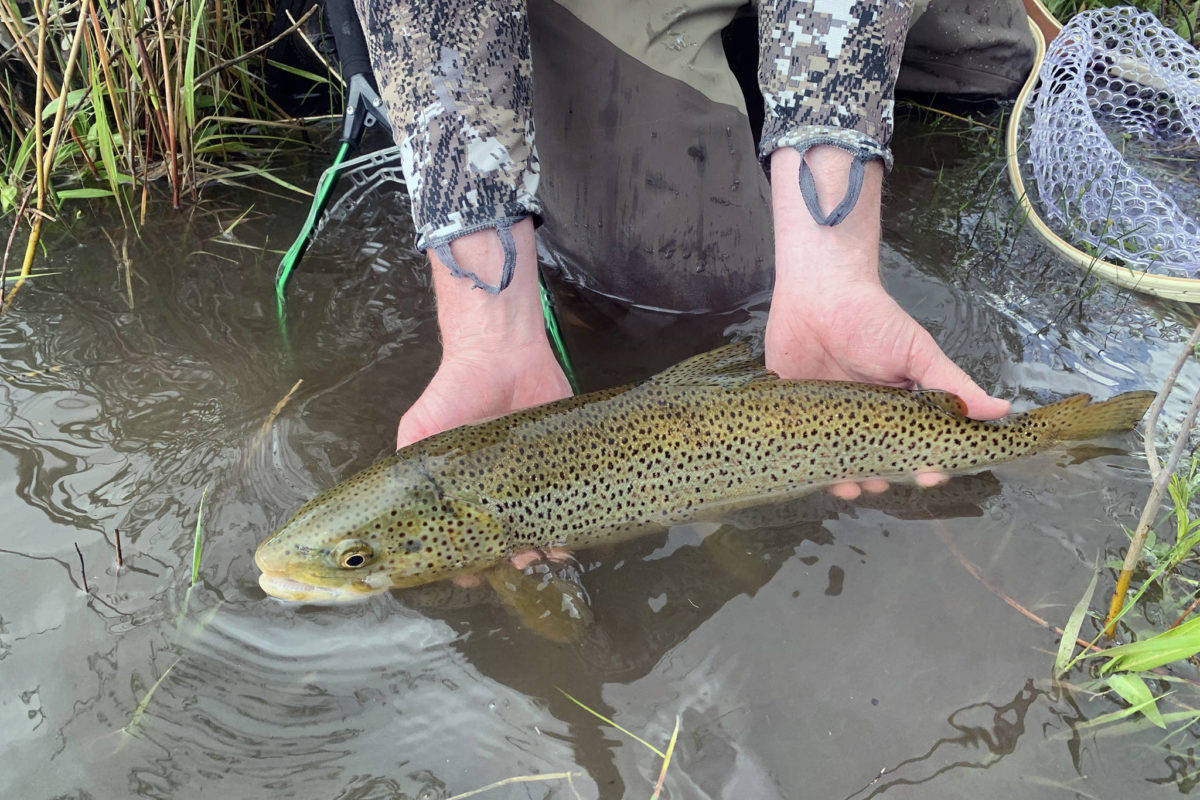There have been more misconceptions flying around about the Roadless Rule on the Tongass than Democrats trying to impeach the president lately. It’s time to clear some of them up.
Though federal rules may not be high on everyone’s list of entertainment, if you live in Southeast and are one of the 26% of residents who value a job based on fishing or tourism, or want to look out the window of your home, boat or plane and continue to see beautiful, old-growth trees and not massive clear-cuts, then please read on.
The national Roadless Rule has been in place in the Tongass for most of the past two decades. It has helped shape our tourism and fishing economy by maintaining strong salmon runs, lush old-growth forest, and clean air and water. How? By preventing new roads that would open the forest to clear-cut logging in undeveloped areas.
Roads cause erosion which impairs water quality and associated culverts often block fish migration. Logging can add more sediment to streams and impact water temperatures. All these factors can be harmful to salmon and trout. On top of that, the Forest Service has acknowledged they have a huge backlog of maintenance issues to address on our existing roads, making it extremely unwise to add new problems and expenses into the mix.
Moreover, the rule was set up in a sensible way for Southeast. For instance, communities around the region who plan development activities that would technically be off-limits under the rule are able to request exemptions. And they do, for things like transportation, habitat improvement and energy projects, and those exemptions are granted. In fact, the Forest Service has approved every single exception for projects like this within a matter of weeks.
Some have argued that there are other protections in place for the forest and so the rule isn’t needed. It’s true, there are protections, but they don’t go far enough to ensure that fish and resource-based jobs Southeast Alaskans depend on will be safe from industrial clear-cut logging. For instance, only 35% of key fish-producing areas are safeguarded if we took away the Roadless Rule. You wouldn’t allow your home security system to only watch 35% of your house, would you? If you were told the drinking water was 35% clean to drink, would you drink it? I wouldn’t either.
When it comes to conserving the resources upon which our salmon and jobs depend, we can’t rely on the bare-minimum to get the job done. Ecosystems are complicated things that need to be managed as a whole, not just in bits and pieces as other protections we have in place do.
Alaska’s salmon are core to our economy and way of life. If we take steps to protect that resource, we’re protecting who we are as a state and the industries that sustain our communities. In the case of the Roadless Rule, all we must do is leave the rule in place to reap those benefits.
— Mark Kaelke is Southeast Alaska Program Director for Trout Unlimited
• Mark Kaelke is Southeast Alaska Program Director for Trout Unlimited.

